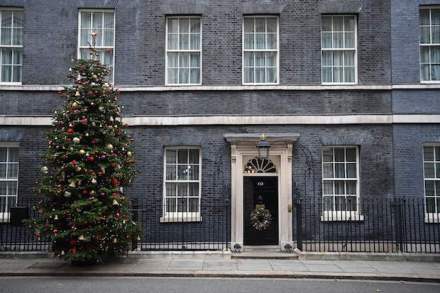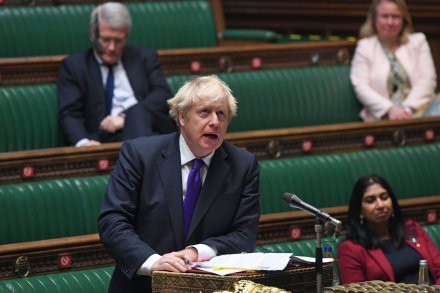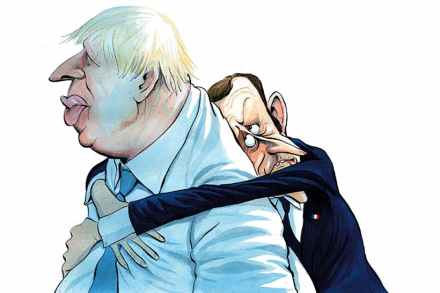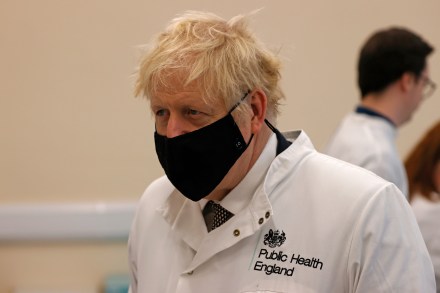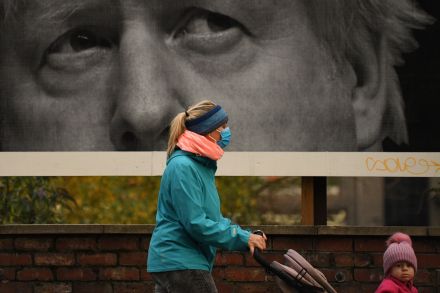Four-nations Christmas Covid truce hangs in balance
It’s become a regular refrain to hear that Brexit talks have been extended. Now the same applies to negotiations over the Christmas Covid rule relaxation. After various scientific advisers warned the UK government against going ahead with its planned five day relaxation of the rules (which would see three household permitted to gather together), representatives for the four nations discussed the policy on a call this evening. The result? No decision as of yet. As things stand, there has been no agreed change to the rules. Instead one source on the call tells the BBC: ‘There was broad recognition commitment has been made to people and they will expect us to
